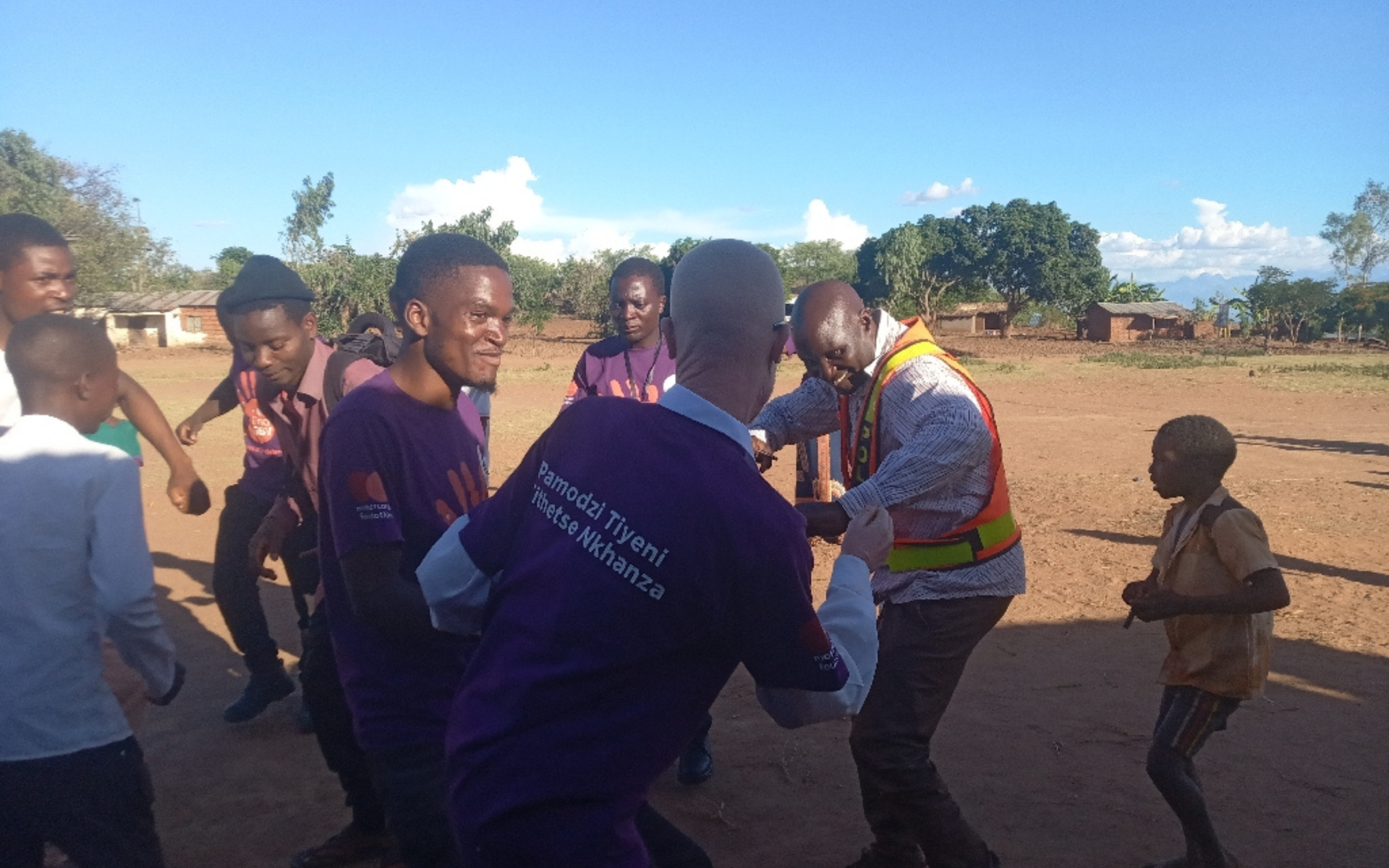After I had successfully integrated with the community, came the project identification and proposal writing phase. Although I received proper training during In-Service Training 1 to prepare me for this phase of the service, I still had fear knowing I had to manage different interests and expectations from the community. During integration most community members expressed their expectation to get huge projects from CorpsAfrica and that they didn’t have to take part in contributing towards their projects.
Understanding that people have different views, challenges, and priorities made me patient enough to work with all sorts of ideas without judging. I believe that the key to solving a problem is understanding that different people have different interests when it comes to what they think is a problem for them. Most of the community members hoped for big projects with huge amounts of money. However, through thorough explanations of community-led development and human-centered design, they were able to understand that the projects are community-owned.
Using the knowledge from the In-Service Training 1 and Pre-Service Training, I was able to apply the tools we learned to identify the project. We used the Innovators Compass with the community to narrow down different challenges to one effective solution. A community meeting was called to discuss different challenges faced in the community. Some of the challenges that were being mentioned included mobility difficulties, school, hospital, and lack of income. Some of the ideas that were suggested included the construction of a school, a hospital, a bridge, and a goat pass on the project. Looking at the feasibility of the projects, the community chose the construction of a bridge to ease access to essential services such as schools, markets, churches, and farms and reduce accidents.
I, therefore, took the initiative to explain to the project team the concepts of community-led development so that they should expect nothing from the project. This whole process made me realize the importance of working as a team in such a way that it made the tough job look easy. We worked together with the community during the identification, designing, compiling, and filling in the whole proposal.
Although the phase was perceived as tough and challenging, on the other hand, it provided a learning platform where I got to understand how to handle and manage different perceptions. This has also prepared me to face the main and final phase which is the project implementation with courage.

